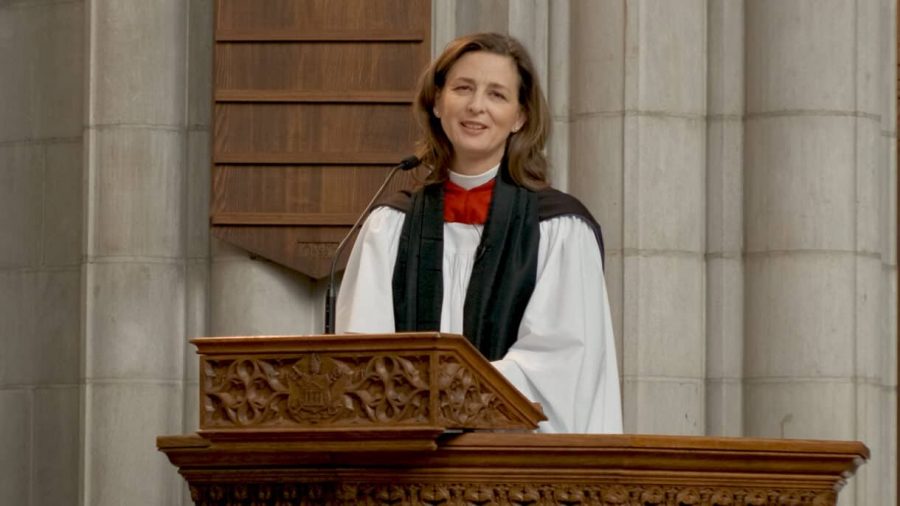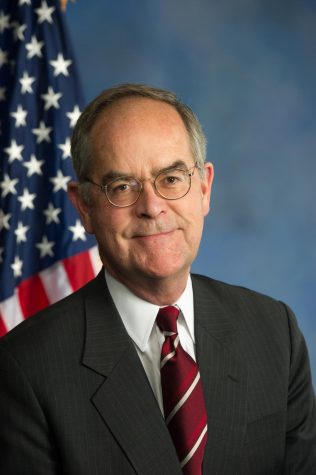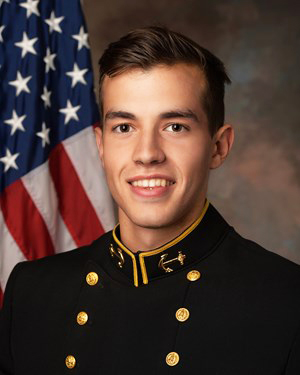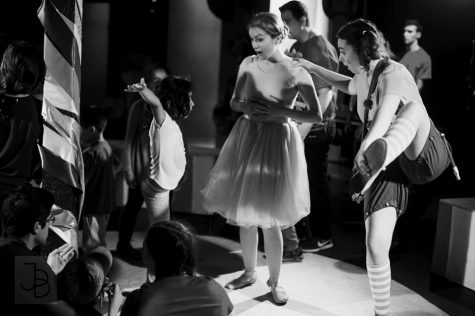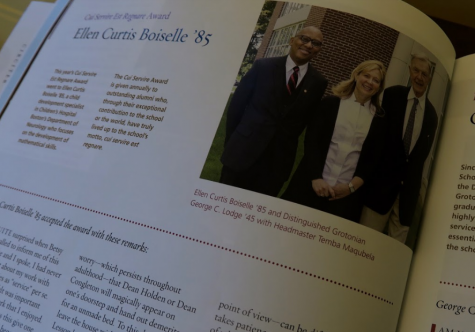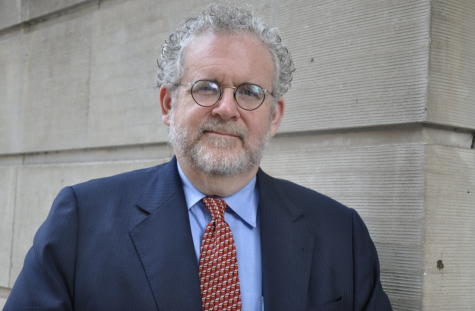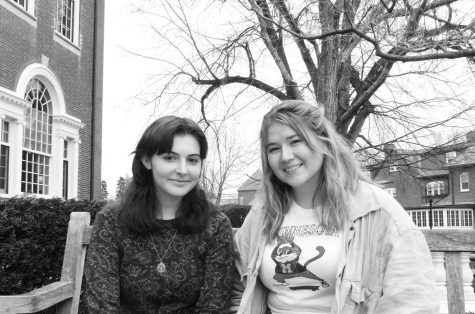Chaplain Allison Read: Living out a Legacy on the Circle
In 1989, then middle schooler, now Chaplain, Allison Read, watched as Bishop Harris became the first female bishop and Black female bishop consecrated in the Episcopal church. “Controversial at the time, the consecration of Bishop Harris as bishop suffragan took place right here in Massachusetts. I was in middle school when this was happening, and I was reading about it, and was very much inspired, not just by her, but by the Episcopal Church’s gestures towards justice and racial inclusion,” recalls Chaplain Allison Read.
Bishop Harris carried her experiences — from her participation in the freedom rides and marches of the 1960s and her summer vacations registering black voters in Mississippi — into the church. In her time as Bishop she continued fighting against racism and spoke out against sexism and homophobia, inspiring people of color, women, and members of the LGBTQ community with her sermons.
At the time, Chaplain Read didn’t appreciate how significant it was to have female priests in her life, with the first female priests ordained just a year before she was born. Through Bishop Harris as well as other female priests, Chaplain Read grew cognisant of what she calls “the broader mission and ministry of justice in the wider Episcopal Church” and they opened her eyes to her own potential entrance into ministry.
Entering the Church, however, was not always the track that Chaplain Read had in mind. She worked in greenhouses at a flower farm and studied biology as a high schooler before heading to college as a pre-med student. In her second semester, she asked the priests at the church she was attending how to determine if you have a religious vocation. She switched to an English major and began to study modern literature and religion. Chaplain Read recalls the juxtaposition between some of the texts she was studying in both classes as “a lively tension that mirrored the lively tension I felt internally and experienced among people and in the culture and world around me. When I stepped back for a brief while from discerning a call to the priesthood, that tension itself proved an irresistible locus of curiosity, passion, and call that remains with me.”
The peers and the adults in her life, however, had radically different expectations for her. After graduating from college, she worked in New York City, a period in which she “got honest with myself about the fact that I had a religious vocation.” She turned her focus back to the process of discerning a call to serve and was ordained as a priest in her late 20s. From there, she served parish churches in New York and New Jersey before spending over 12 years as a college chaplain and Dean of Spiritual and Religious Life at Trinity College.
To her, religion, “meant carrying forward vital traditions and cultivating new expressions of our highest values–such values as compassion, justice, pluralism, well-being and belonging in community.” She observed that religion provided a way for people to celebrate their roots and to celebrate traditions. In this way of coming together, they were able to practice compassion and tolerance and overlook differences as a community. As she put it, religion and spirituality provided them with a way to “promote the dignity of every human being as well as the thriving of our environment.”
As Chaplain Read outlines her dream of a community of justice and cohesion, of people so different but who celebrate and admire those differences, one can’t help but be reminded of the words of Bishop Harris, who preached that when we come together to practice religion and spirituality, all our differences are intertwined as we unite and celebrate as one. Chaplain Read brings these ideals to Groton.
“My hope is that students, as well as faculty and staff, feel honored and respected as participants in weekday Chapel services and that together we cultivate a spirit of openness, loving care, and inclusion that draws us beyond ourselves toward life and hope for the world.”
At this time of racial injustice and constant division, Chaplain Read suggests that spirituality may just be the way to fight and overcome this. “In the Episcopal church, every member is called to respect the dignity of every human being, and we are to seek out and serve one another in love. One of the main things I heard and felt from the Episcopal church, especially as a child, was the openness about the human condition of the simultaneity of suffering and sinfulness and overwhelming and overriding profound mercy and love. When we witness this kind of racial injustice, we are called to respond with love and mercy. Weekday chapel is a very important community space that brings people together. And it is my hope that that is a space that is characterized by love and mercy, and one through which we seek to understand and to cultivate and promote a life together of truth and love and mercy,” says Chaplain Read.
We look forward to welcoming Chaplain Read to the Circle this fall and experiencing the power that she believes spirituality could bring.


